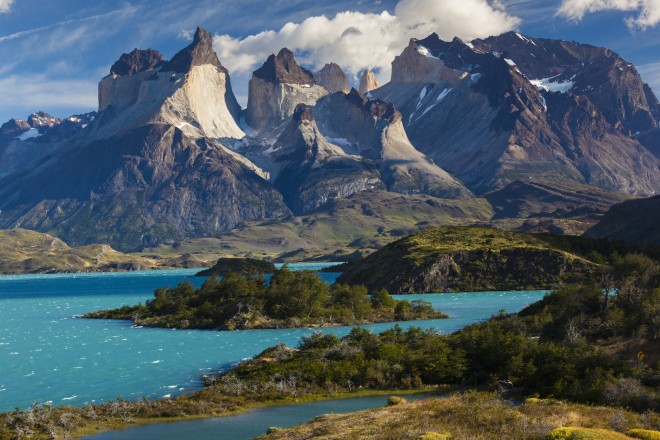After the Industrial Revolution, by exploiting the environmental resources more than in any comparable period of human history, humans have changed ecosystems irreversibly, thus causing an alarming number of extinctions. Indeed, in regard to biodiversity loss, it has been calculated that the rate of known extinction in the XX century was from 50 to 500 times greater than the normal one. This is one of the most important environmental problems nowadays.
Nevertheless, there are several organizations, governments or individuals that actively work on this problem. A famous and emblematic example of this is the case of Douglas Tompkins, the American businessman that co-founded “The North Face” and “Esprit”. He was not only a normal businessman; he has been also an environmental activist for several decades. Sadly, he died in December 2015 as a consequence of a kayak accident, but his second wife is keeping working for the environmental cause in his name. In these days, she signed an agreement with the Chilean President Michelle Bachelet, but this is something we have never seen before. This agreement, which represents the largest land donation from a private person to a state, gives Chile 400.000 hectares to be destined for the creation of five new natural parks and aims to protect biodiversity. Why did Tompkins own all this land? He bought it during his life exactly for this reason: protect biodiversity and save ecosystems from human destruction. These natural parks, together with the parks that already exist, will allow the achievement of an incredible result: 20% of the whole Chile will be protected area.
This stunning goal has been reached thanks to the actions of a man who really understood the seriousness of the problem of biodiversity loss and therefore invested part of his earnings to make the world a better place, showing that such altruistic actions are possible. This donation, as well as having the obvious direct effect of protecting biodiversity, could serve as an example which others can take inspiration from. It represents, therefore, a little step towards sustainability. Thank you Douglas!
Federico Pinato



